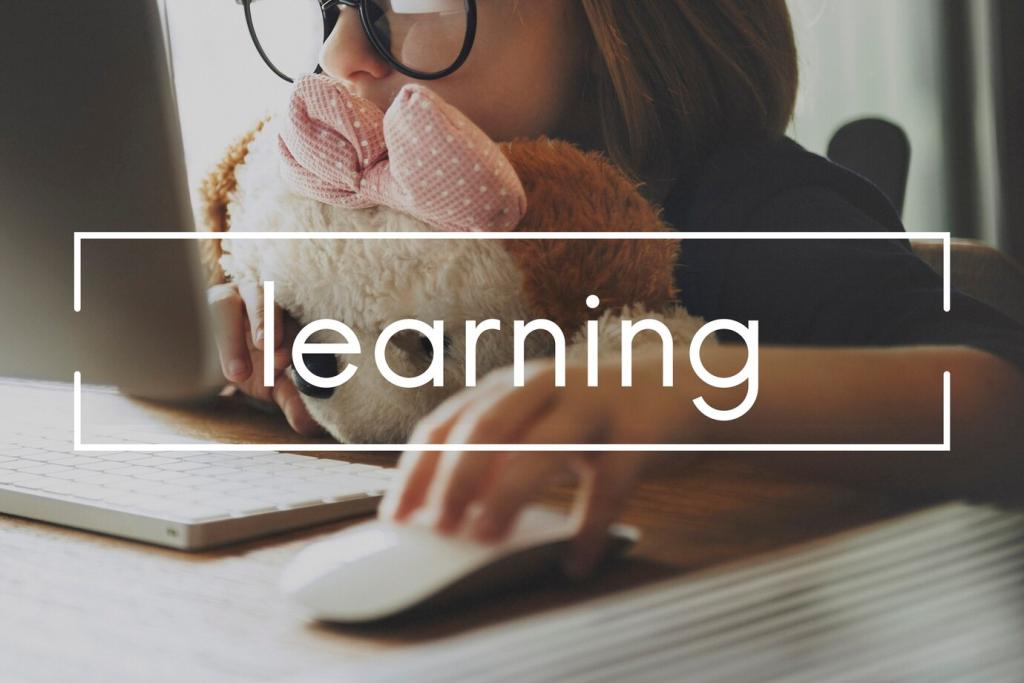Chosen theme: The Importance of Early Financial Literacy Instruction. Welcome! Together, we’ll explore how simple, age-appropriate money lessons can shape confident, compassionate decision-makers for life. Stay with us, share your thoughts, and subscribe for weekly activities and stories.
Why Starting Young Changes Lifetimes
Early childhood is a powerful window for learning self-control and planning. When kids practice saving for small goals, they wire routines that later support budgeting, credit use, investing, and generosity.

Activities Kids Love (and Actually Learn From)
Allowance with three jars
Set a predictable allowance and divide it among Save, Spend, and Share jars. Let kids choose goals, decorate jars, and reflect weekly. Share your jar setups in the comments to inspire families.
The grocery challenge
At the store, compare unit prices, weigh trade-offs, and estimate taxes before checkout. Photograph the receipt, circle savings, and celebrate smart choices. Try this weekend and tell us which tip worked best.
Mini-markets and maker fairs
Host a classroom market where students price crafts, track costs, and tally profits. Debrief pricing, ethics, and fairness. If your school runs one, share photos and lessons learned with our community.

Kid-friendly banking apps
Choose youth accounts with spending limits, goal trackers, and transparent parent oversight. Walk kids through statements monthly. Comment with your favorite app features and what helped your family start strong.
Spotting scams before they click
Role-play messages about prizes, urgent resets, or unfamiliar links. Teach slow thinking: pause, verify, and ask an adult. Reinforce strong passwords and two-factor authentication as everyday personal safety habits.
Ad literacy in a scrolling world
Explore how influencers and games sell subtly. Discuss in-app purchases, subscriptions, and free trials. Create a household rule: wait twenty-four hours before buying digital extras, then revisit the decision together.
Equity, Access, and Dignity
Use examples that reflect different families, incomes, and traditions. Avoid shaming scarcity; spotlight resilience, mutual aid, and community care. Invite readers to share family money rituals that teach values.
Equity, Access, and Dignity
Libraries, credit unions, and nonprofits can offer workshops, field trips, and matched savings challenges. Build partnerships that remove barriers. Tag a local resource we should feature in an upcoming interview.



Real Stories That Inspire Action
When lemons doubled in price, Maya recalculated costs, raised her price, and posted a sign explaining why. Neighbors applauded her transparency. She learned pricing, communication, and courage in one sunny afternoon.
Real Stories That Inspire Action
Daniel saved for a trend toy, then chose a library fundraiser instead. He wrote about opportunity cost and pride. A month later, he still remembered smiles at the book drive ribbon-cutting.
Measuring What Matters
Research consistently shows students exposed to financial education make more informed credit and saving choices. Starting early builds comfort with compounding, trade-offs, and planning, reducing stress around money decisions.


Your Next Step Starts Today
Try this: label jars, set a tiny savings goal, compare one price, read a money story, review a receipt, discuss a want versus need, and reflect. Tell us which day resonated most.
Your Next Step Starts Today
What early money memory shaped you? Share your story below. Your experience can guide a teacher, reassure a parent, or inspire a child starting their first savings goal today.
